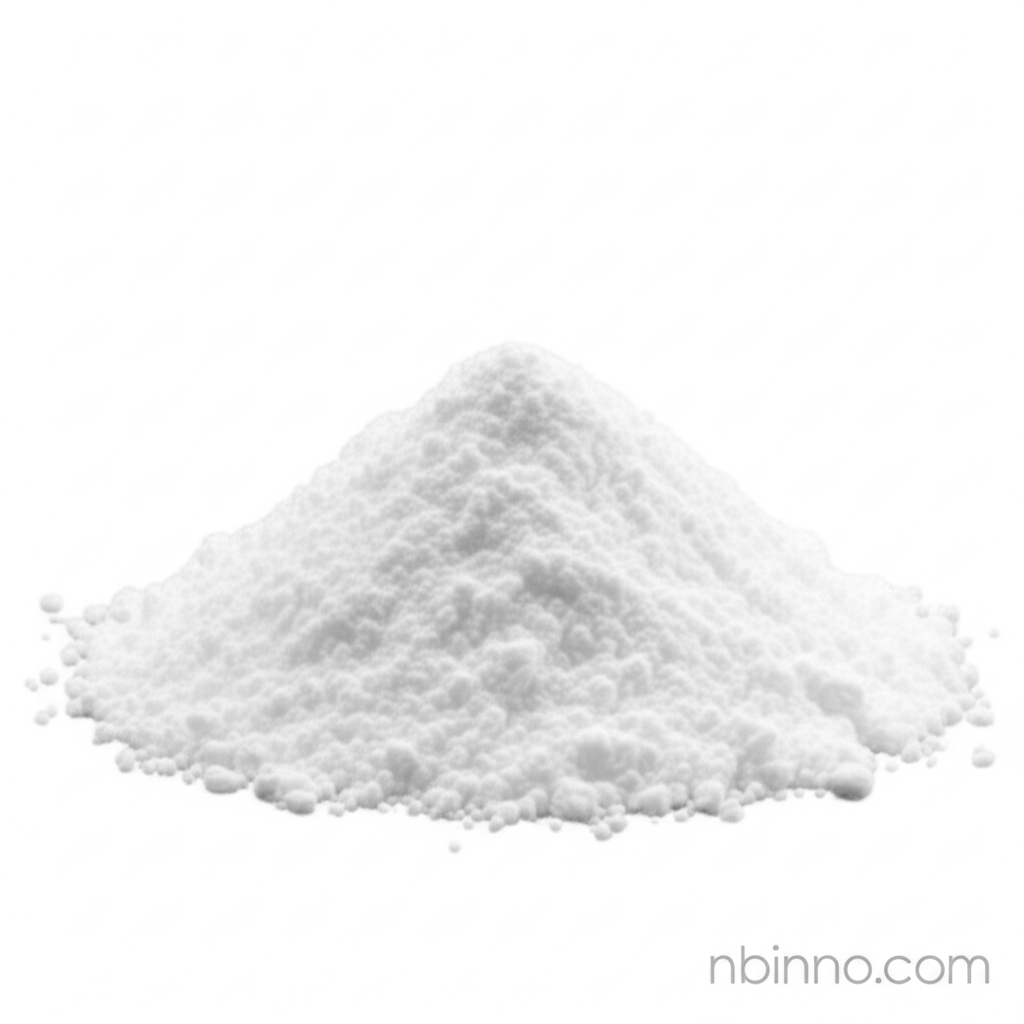Microcrystalline Cellulose: The Foundation of Stable Pharmaceuticals
Discover the indispensable role of Microcrystalline Cellulose in creating effective and reliable drug formulations.
Get a Quote & SampleThe Core Value of Microcrystalline Cellulose

Microcrystalline Cellulose
Microcrystalline Cellulose (MCC) is a highly versatile plant-derived excipient, crucial for the development of robust pharmaceutical products. Its unique physicochemical properties make it an indispensable ingredient in tablet and capsule manufacturing, contributing to product stability, efficacy, and patient compliance.
- Binder and Filler Excellence: As a primary pharmaceutical excipient, MCC excels as a binder and filler, ensuring the structural integrity of tablets through its superior compressibility and binding properties.
- Efficient Drug Release: MCC acts as a highly effective disintegrant, promoting the rapid breakdown of tablets in the body, which is critical for optimal drug formulation and bioavailability.
- Versatility in Manufacturing: Its suitability for both direct compression and wet granulation processes makes MCC a flexible choice for various manufacturing strategies, simplifying production workflows.
- Stability and Inertness: The chemical inertness of MCC prevents unwanted interactions with active pharmaceutical ingredients (APIs), ensuring the stability and longevity of the final drug product.
Key Advantages of Using MCC
Enhanced Tabletability
MCC's excellent compressibility and binding capabilities, central to its role as a tablet binder, result in tablets with high mechanical strength and minimal friability.
Improved Bioavailability
By facilitating efficient disintegration and dissolution, MCC enhances the absorption of APIs, contributing to improved drug efficacy and patient outcomes.
Manufacturing Efficiency
The good flow properties and compatibility with various manufacturing processes make MCC a preferred choice for streamlining production and reducing costs in drug formulation.
Key Applications of Microcrystalline Cellulose
Pharmaceutical Tablets
A cornerstone for tablet production, MCC serves as a robust binder and diluent, ideal for both direct compression and wet granulation techniques.
Capsule Filling
As a filler, MCC ensures consistent dosing and prevents caking in capsules, contributing to the reliability of oral solid dosage forms.
Oral Solid Dosage Forms
Beyond tablets and capsules, MCC's properties are vital for creating other solid dosage forms, enhancing their stability and performance.
Food and Cosmetics
Its inert nature and texture-enhancing properties also make MCC valuable in food production as a thickener and stabilizer, and in cosmetics for formulation texture.
